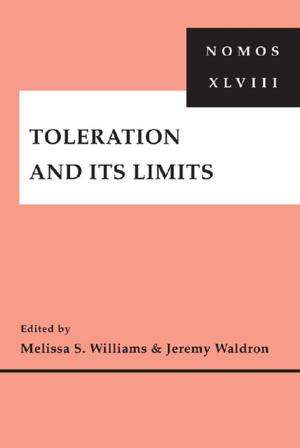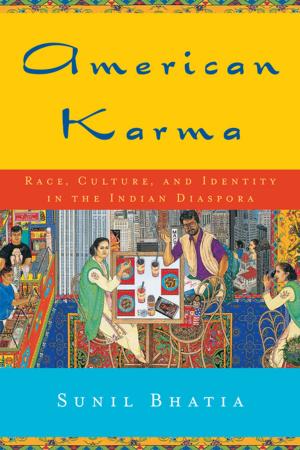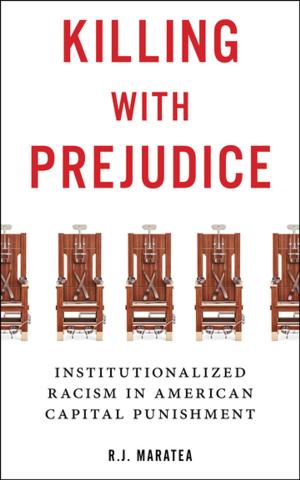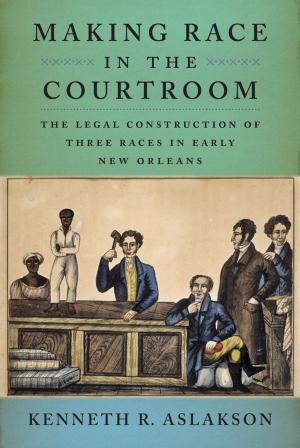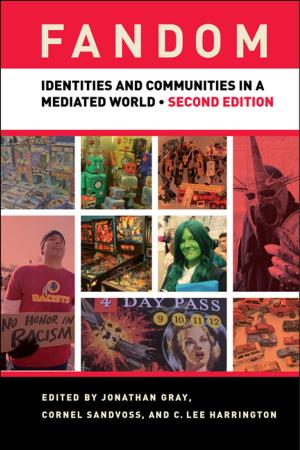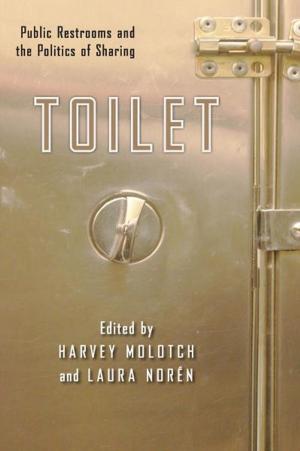| Author: | Humphrey Davies, Muhammad ibn Mahfuz al-Sanhuri | ISBN: | 9781479857524 |
| Publisher: | NYU Press | Publication: | October 4, 2016 |
| Imprint: | NYU Press | Language: | English |
| Author: | Humphrey Davies, Muhammad ibn Mahfuz al-Sanhuri |
| ISBN: | 9781479857524 |
| Publisher: | NYU Press |
| Publication: | October 4, 2016 |
| Imprint: | NYU Press |
| Language: | English |
Written in mid-17th century
Egypt, Risible Rhymes
is in part a short, comic disquisition on “rural” verse, mocking the
pretensions and absurdities of uneducated poets from Egypt’s countryside.
The interest
in the countryside as a cultural, social, economic, and religious locus in
its own right that is hinted at in this work may be unique in pre-twentieth-century
Arabic literature. As such, the work provides a companion piece to its slightly
younger contemporary, Yusuf al-Shirbini’s Brains Confounded by the Ode of Abu
Shaduf Expounded, which also takes examples of mock-rural poems and
subjects them to grammatical analysis. The overlap between the two texts may
indicate that they both emanate from a common corpus of pseudo-rural verse that
circulated in Ottoman Egypt.
Risible Rhymes also examines various kinds of puzzle
poems—another popular genre of the day—and presents a debate between scholars
over a line of verse by the tenth-century poet al-Mutanabbi. Taken as a whole, Risible
Rhymes offers intriguing insight into the critical concerns of mid-Ottoman
Egypt, showcasing the intense preoccupation with wordplay, grammar, and
stylistics that dominated discussions of poetry in al-Sanhuri’s day and
shedding light on the literature of this understudied era.
Written in mid-17th century
Egypt, Risible Rhymes
is in part a short, comic disquisition on “rural” verse, mocking the
pretensions and absurdities of uneducated poets from Egypt’s countryside.
The interest
in the countryside as a cultural, social, economic, and religious locus in
its own right that is hinted at in this work may be unique in pre-twentieth-century
Arabic literature. As such, the work provides a companion piece to its slightly
younger contemporary, Yusuf al-Shirbini’s Brains Confounded by the Ode of Abu
Shaduf Expounded, which also takes examples of mock-rural poems and
subjects them to grammatical analysis. The overlap between the two texts may
indicate that they both emanate from a common corpus of pseudo-rural verse that
circulated in Ottoman Egypt.
Risible Rhymes also examines various kinds of puzzle
poems—another popular genre of the day—and presents a debate between scholars
over a line of verse by the tenth-century poet al-Mutanabbi. Taken as a whole, Risible
Rhymes offers intriguing insight into the critical concerns of mid-Ottoman
Egypt, showcasing the intense preoccupation with wordplay, grammar, and
stylistics that dominated discussions of poetry in al-Sanhuri’s day and
shedding light on the literature of this understudied era.


